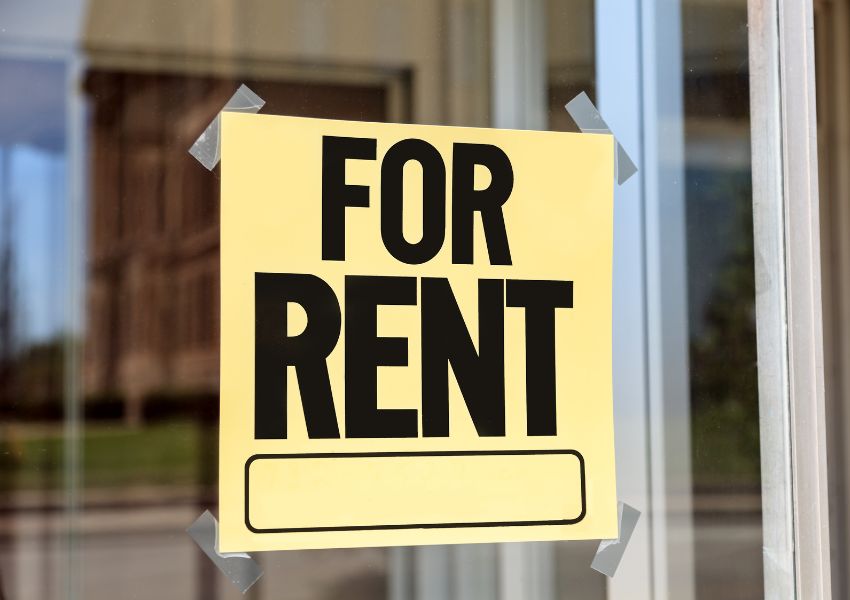Whether you inherited a property, are moving out of state, or are moving to a new home, having a vacant property is a great opportunity to grow your wealth. Selling and renting a property are two simple ways to venture into the realm of real estate investments. However, deciding which option is better for you will require planning, as both options come with their own set of pros and cons.
To help you, the experts at East Bay Property Management have written this comprehensive guide. Keep reading to discover the benefits and drawbacks of both selling and renting a property.
Things to Consider Before Selling Your House
Selling a house can be a great option if you want quick liquidity if done right. Keep reading to discover other pros and cons of selling a house:
Pros of Selling Your House
Here are some benefits of selling a property:
- Profit Potential: Selling a house at the right time, in an area experiencing high demand or growth, could get you a great ROI.
- Cash Flow: Selling a house can provide investors with quick liquidity which can be reinvested.
- Tax Benefits: Depending on the investor’s tax situation and local tax laws, selling a house can offer tax benefits like expense deductibles related to the sale to minimize tax liability.
- Reduced Management Responsibilities: Selling a property eliminates the ongoing management responsibilities associated with real estate ownership.
- Risk Mitigation: Selling a house can reduce exposure to market risks, such as economic downturns, changes in property values, or regulatory challenges.

Cons of Selling Your House
Consider the following drawbacks of selling a property:
- Transaction Costs: Selling a house involves various transaction costs, such as closing costs, real estate agent commissions, and potential capital gains taxes.
- Capital Gains Taxes: Depending on the holding period and tax laws, you may incur capital gains taxes on the sale of a property. These taxes can reduce the after-tax proceeds from the sale and affect its overall profitability.
- Lost Potential Income: If the property is generating rental income, selling it means losing rental income.
- Market Volatility Risks: Property values can fluctuate unpredictably. Selling during a volatile market can result in uncertainty regarding the final sale price and potential impact on investment returns. Moreover, market downturns can make it more challenging to sell your house.
- Loss of Appreciation Opportunities: Selling a house means forgoing potential future appreciation in property value.
Things to Consider Before Renting Out Your House
Turning your house into a rental property will allow you to earn a stable passive income while also growing your long-term wealth. However, managing a rental property comes with many challenges. Let’s dive into the pros and cons of renting your home!
Pros of Renting Your House
Consider the following benefits associated with renting out your home:

- Stable Passive Income: Renting out a house provides investors with a steady stream of rental income. This can help you cover mortgage payments and property expenses, as well as provide you with financial stability.
- Long-Term Appreciation: By renting out your house, you can benefit from both rental income and property appreciation, enhancing overall investment returns.
- Tax Advantages: Rental property owners qualify for various tax deductions including mortgage interest, property taxes, maintenance expenses, depreciation, and other eligible costs.
- Portfolio Diversification: Owning a rental property is a simple way to diversify your portfolio and provide you with a hedge against inflation.
- Control Over Investment: As a landlord, you have full control over decisions regarding property management, tenant selection, rental rates, and maintenance, allowing for strategic optimization of returns on investment.
Cons of Renting Your House
Here are some drawbacks that come with turning your property into a rental:
- Problematic Tenants: Dealing with problematic tenants can be time-consuming and extremely costly in the long run.
- Property Management Challenges: Managing rental properties requires time, effort, and expertise. Handling daily tasks can be time-consuming and challenging at times.
- Vacancies: Dealing with vacancies can result in a loss of rental income and leave your vacant property vulnerable to risks such as break-ins and damage.
- High Maintenance Costs: If you don’t budget for routine maintenance, emergency repairs, and property improvements you’ll end up making a huge dent in your profits.
- Legal Liabilities: Failure to comply with various property and landlord-tenant laws can lead to legal liabilities such as fines, lawsuits, and disputes with tenants.

How to Determine Whether You Should Rent or Sell Your House
Determining whether it’s best to rent or sell your house requires careful consideration and due diligence. Here are some things you can do to help determine whether you should sell or rent your property:
- Evaluate Market Conditions: Assess the current real estate market in your area, including property values, rental demand, vacancy rates, and economic trends.
- Financial Analysis: Compare the potential gross rental income and the selling proceeds you could earn.
- Determine Your Long-Term Goals: Consider your long-term investment goals and objectives. Evaluate whether selling or renting aligns better with your financial goals, risk tolerance, cash flow needs, and investment strategy.
- Assess the Property Condition: Assess the condition of your property and its market appeal. Determine if any renovations, repairs, or upgrades are needed to attract tenants or enhance resale value.
- Risk Assessment: Evaluate the risks associated with both selling and renting out your property. Consider risk mitigation strategies, insurance coverage, and contingency plans.
- Consider Tax Implications: Consult with a tax advisor to understand the tax implications of selling versus renting your property.
Bottom Line
Selling or renting out a property both come with many benefits and risks. Deciding what to do with a property as a real estate investor requires careful consideration of market conditions, personal finances, long-term goals, and tax implications. If you need help turn to the experts at Easy Bay Property Management. Contact us today to get started!






